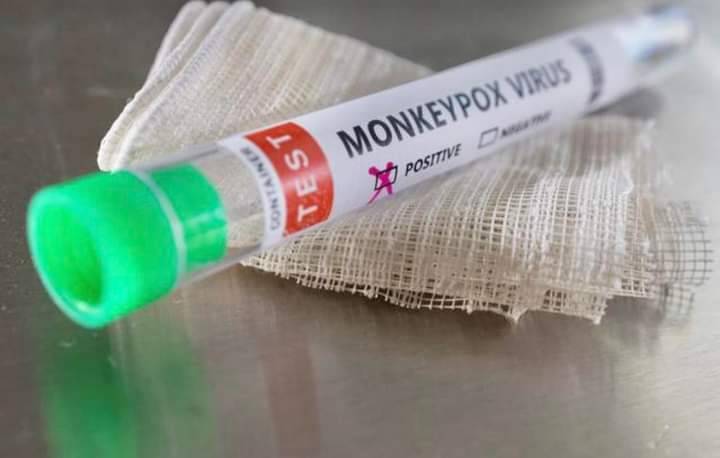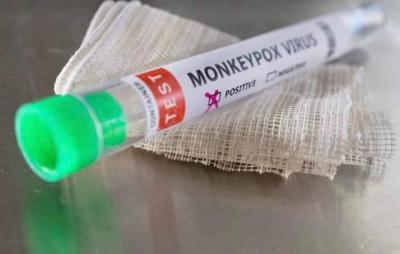At the beginning of 2020, the world came to a halt due to a strange virus that incapacitated capitals and cities, closing airports, schools, and restaurants and controlling life on this planet. As the COVID-19 virus was nearing its end, a new epidemic emerged that is less lethal but raises concerns and requires mobilization to confront and curb it. Will "monkeypox" reach Lebanon? Dr. Nazih Abu Shahin, the director of the National Center for the Quality of Drugs, Food, Water, and Chemicals at the Lebanese University and a member of the Ministry of Public Health committee, confirmed in an interview with "Warda" that no cases of this virus have been confirmed in Lebanon. However, there is nothing preventing it from arriving in Lebanon due to the significant Lebanese community in Africa and the African community in Lebanon, along with active travel that may lead to transferring the infection to Lebanon.
He revealed that "diagnosing any suspected case requires tests that can take days before results are issued. Today, with the inability to diagnose the infection due to the lack of testing supplies in Lebanon, obtaining test results may take a maximum of 4 to 5 days. The Ministry of Health is working on sending tests to Pasteur laboratories in France while waiting for the arrival of testing supplies expected within two weeks," emphasizing that "the Ministry of Health is monitoring cases and similar disease symptoms."
He added, "Since the spread of this virus is slower than others, there is no risk of an outbreak similar to that of COVID-19; isolating the patient for three to four weeks is sufficient and recovery often occurs." But what about vaccines? Abu Shahin answers: "This disease is not COVID-19, it is entirely different and has specific licensed vaccines available in the global drug market since 2019. The smallpox vaccine provides around 85% protection, according to the World Health Organization, and the Lebanese community has been under a vaccination mandate for some time, including the smallpox vaccine, which means any infection, if it occurs, will be mild to moderate," confirming that "those who received the smallpox vaccine in childhood have some immunity against it, and there is currently no treatment available." He added, "Moderna is conducting preclinical trials on a drug, but it is too early to assess its effectiveness."
Regarding the symptoms of "monkeypox," Abu Shahin listed some, including fever, headache, swelling, back pain, muscle aches, and fatigue. Once the temperature rises, a rash appears initially on the face and then spreads to other parts of the body, usually affecting the palms of the hands and soles of the feet. The infection resolves without medical intervention after the symptoms last from two to three weeks. Prevention will, of course, be necessary, along with adherence to hygiene and minimal social distancing to avoid scenarios similar to those imposed by COVID-19 on the world.




